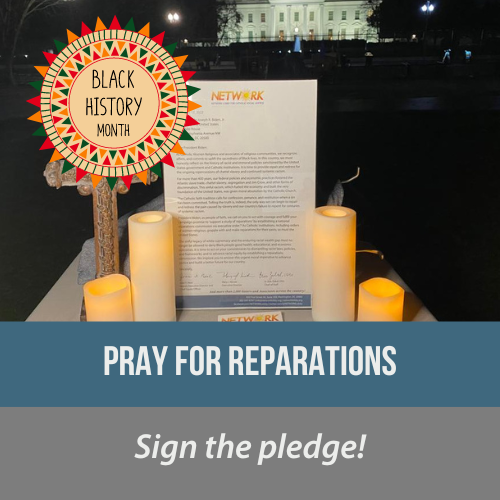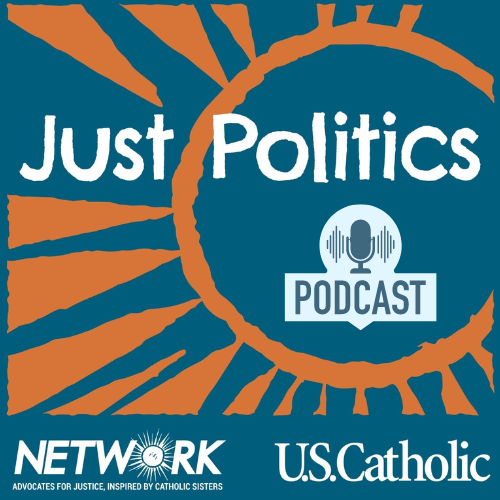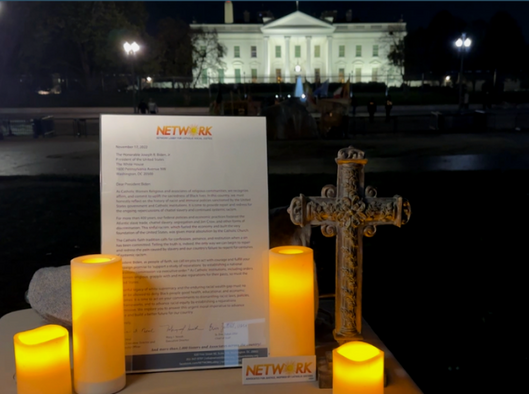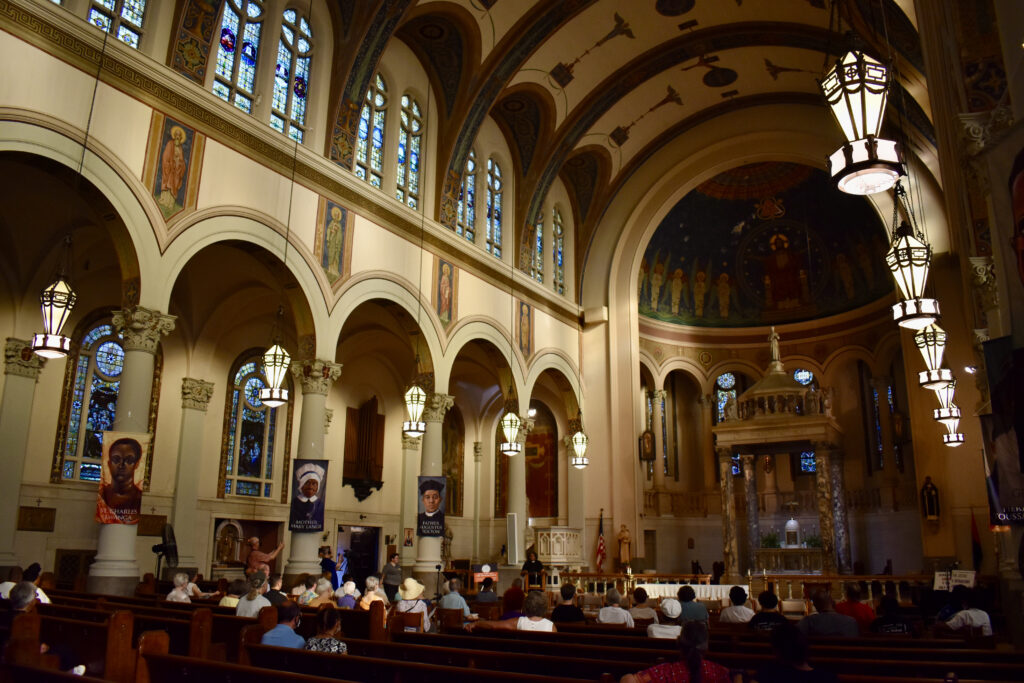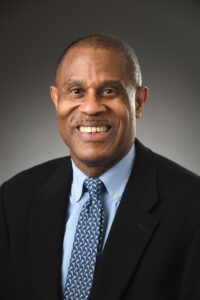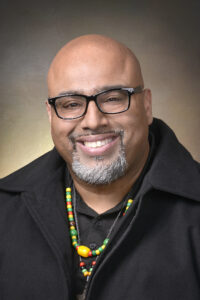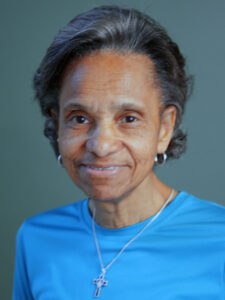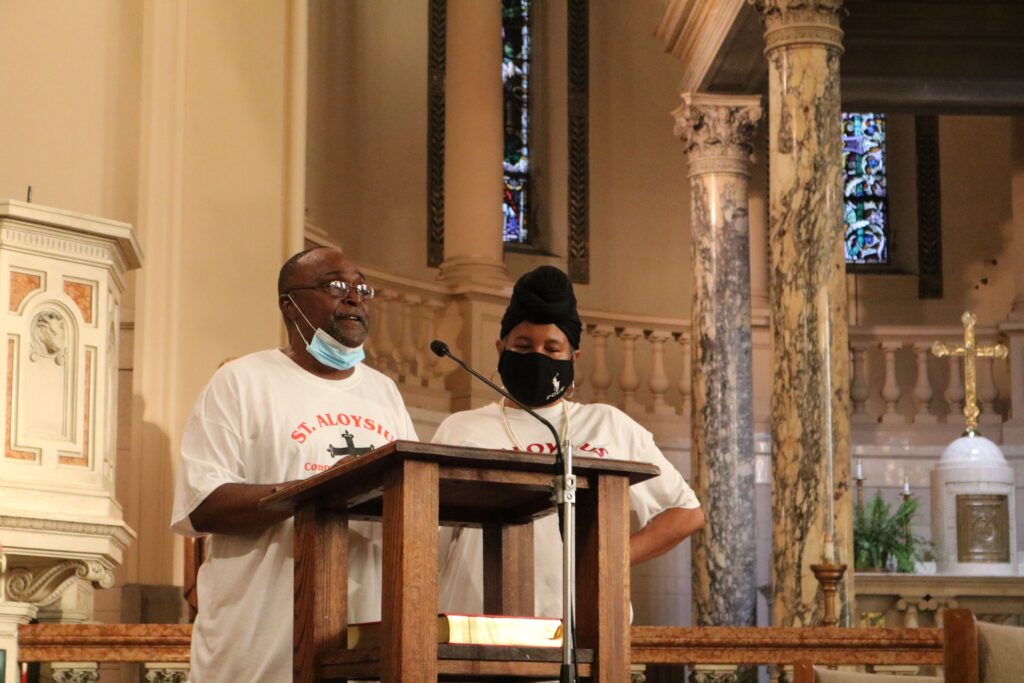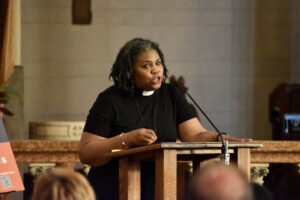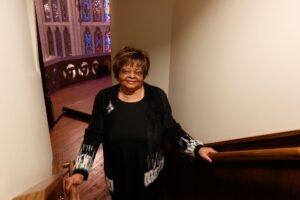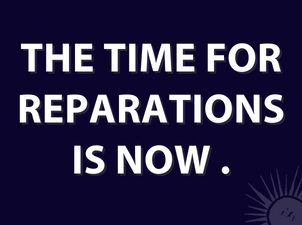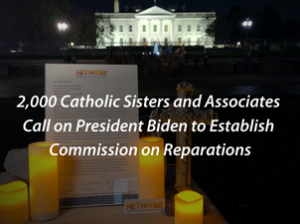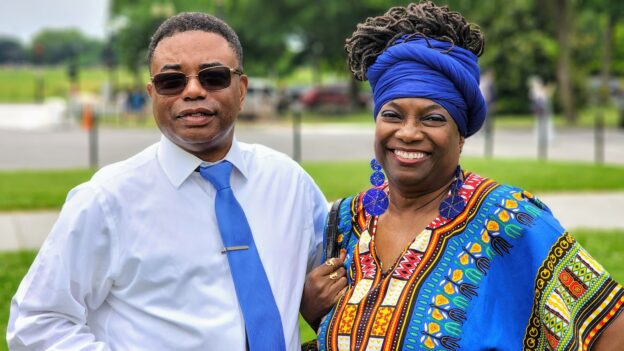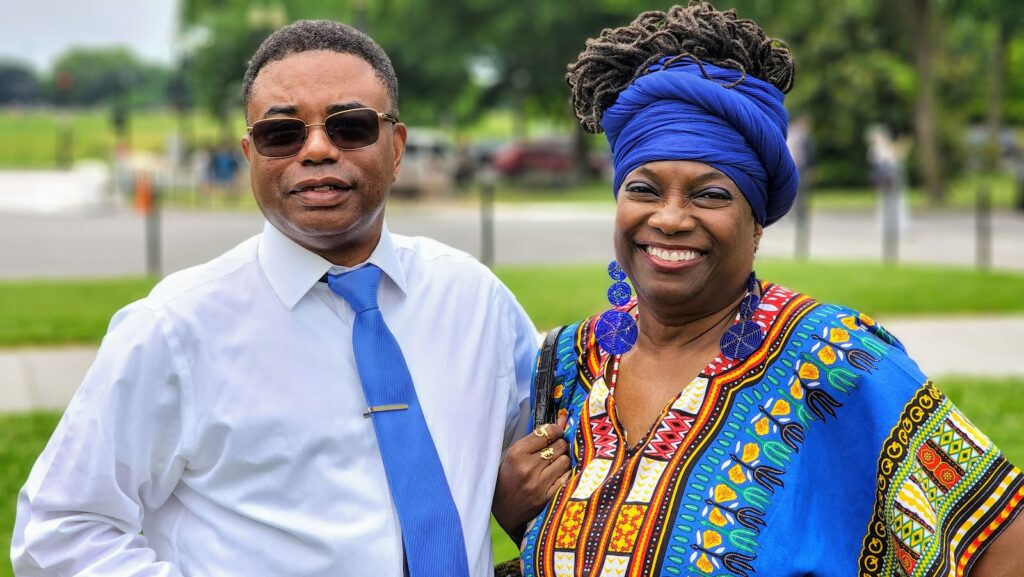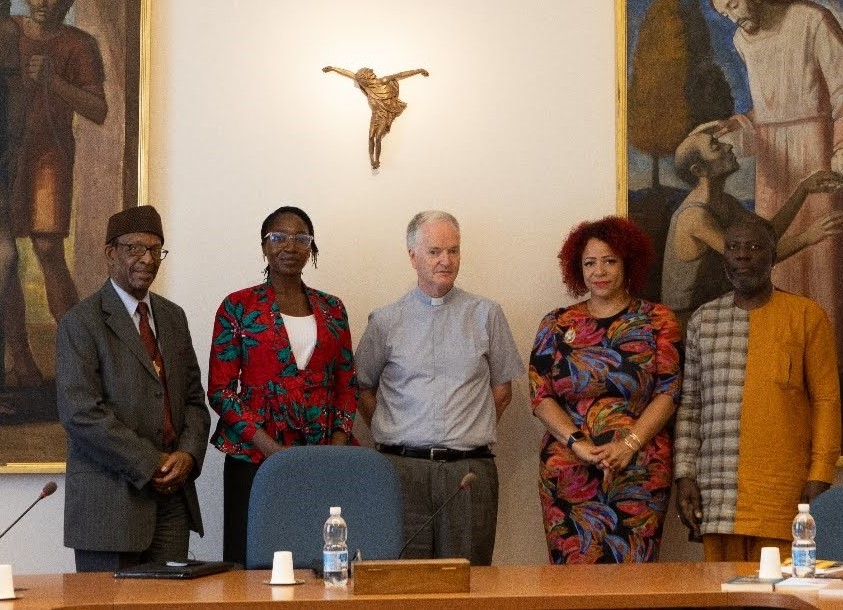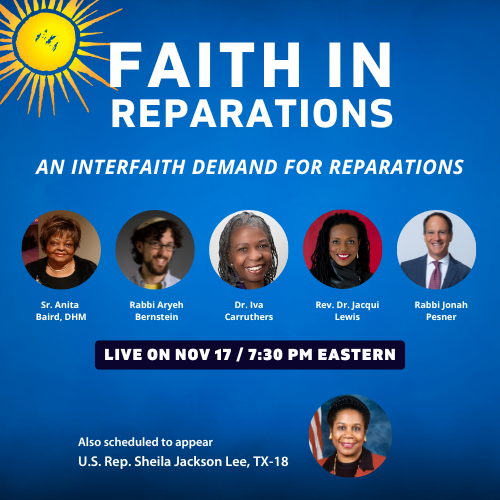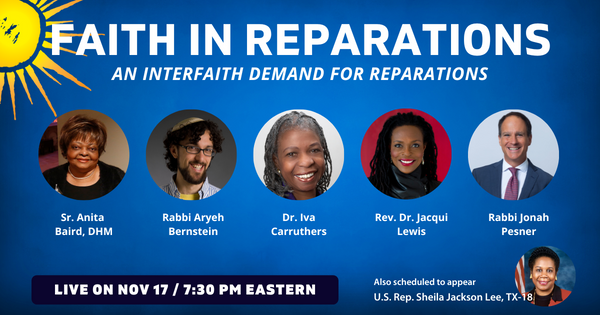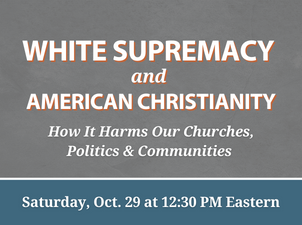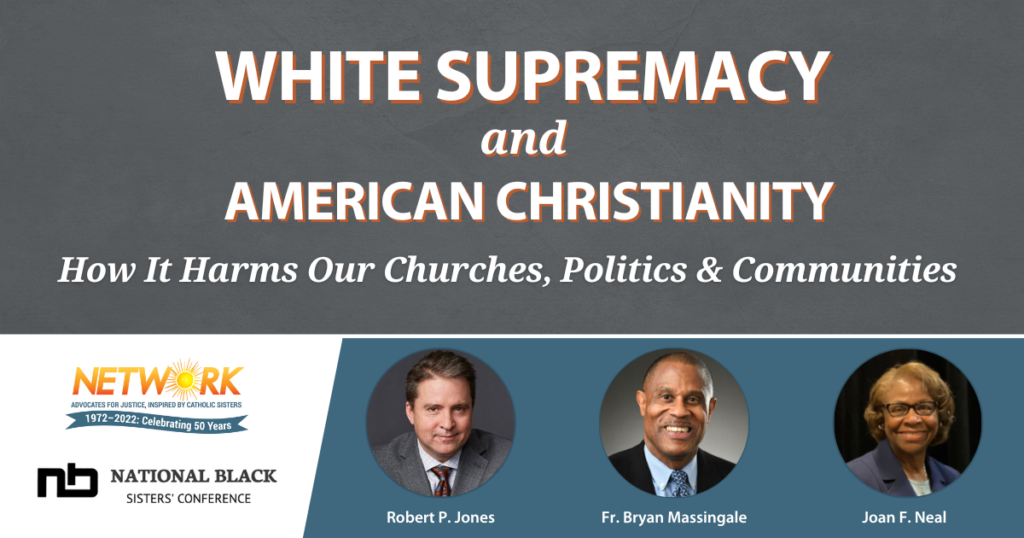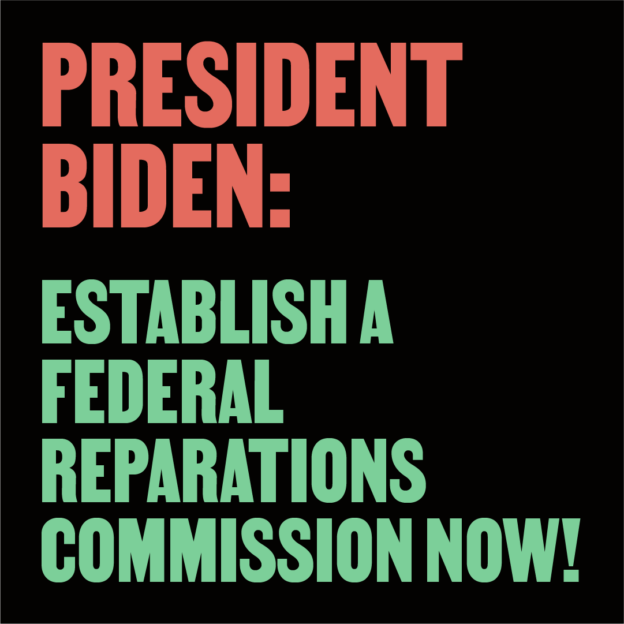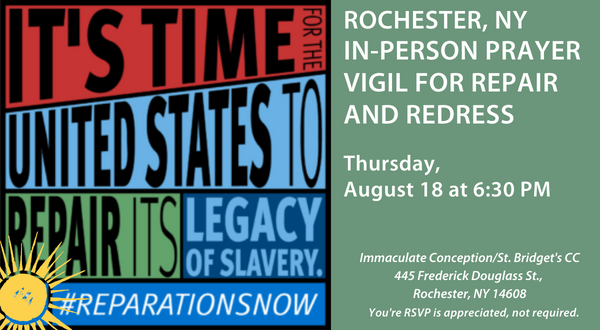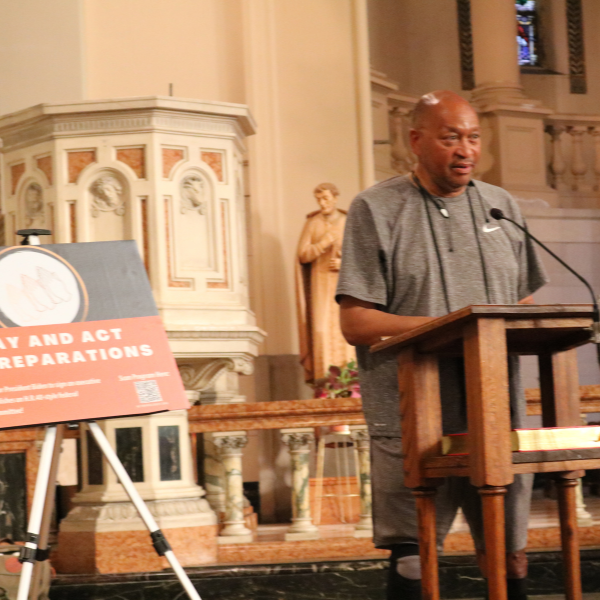Pray for Reparations
During Black History Month, we invite you to pray that President Biden establishes a Commission to Study Reparations. The H.R. 40 commission is a research study that will be the development of a report and a set of data that will quantify and assess the damage systemic racism has inflicted on the descendants of enslaved Africans in the United States. The study will also make recommendations on the path to repair this damage.
For the past year, you have attended Vigils for Reparation and educated yourselves about H.R. 40 (Commission to Study Reparations).
NETWORK partners in faith, let’s join together and pray that the path to reparations begins this month.
See the prayer here!
Pledge to Pray for Reparations
Joining our prayers, we can urge President Biden to sign the executive order for a reparations commission.
Watch Faith in Reparations Again...and Share it with Friends and Family
Faith leaders led a Spirit-filled call for reparations in November 2022. Watch, re-watch, and share!







